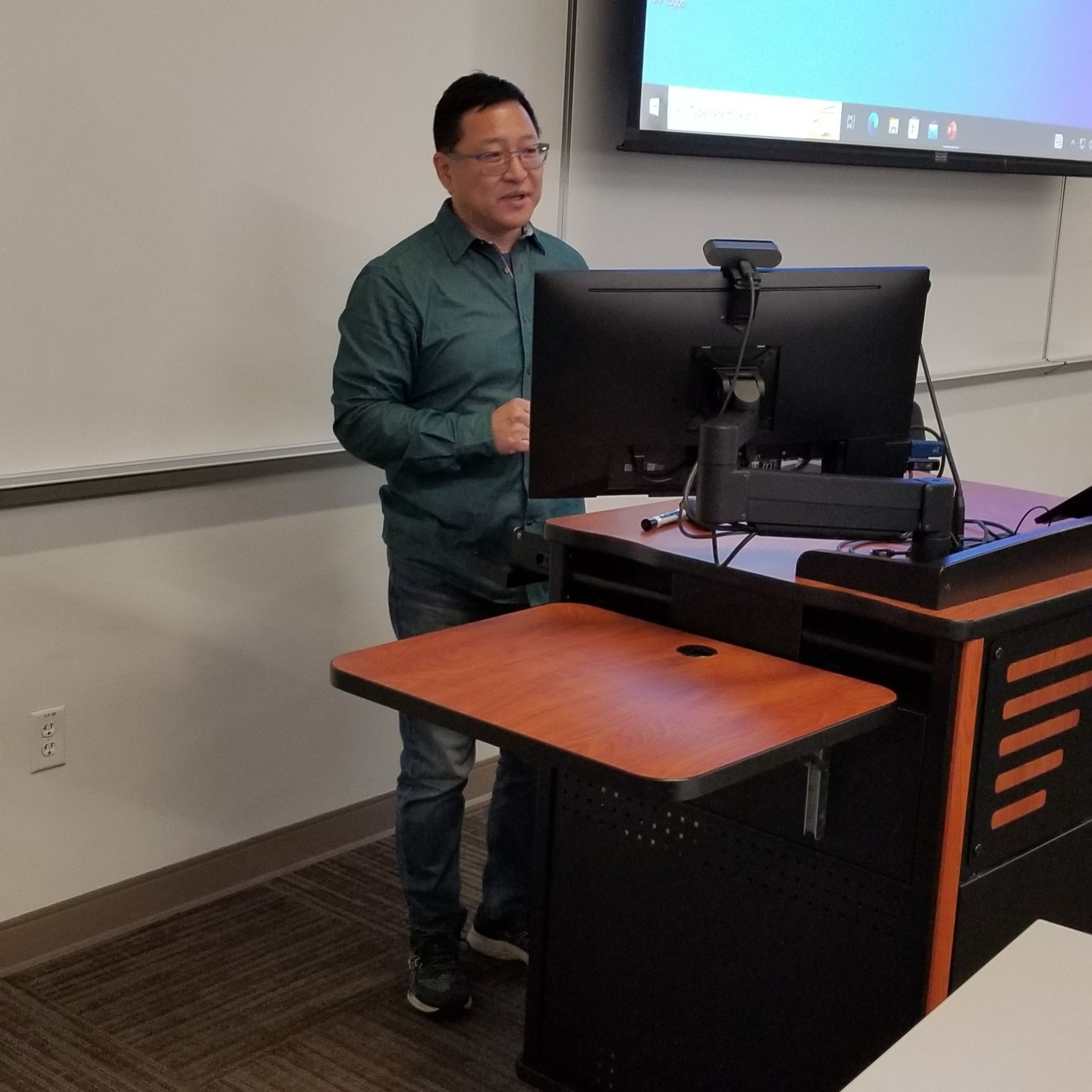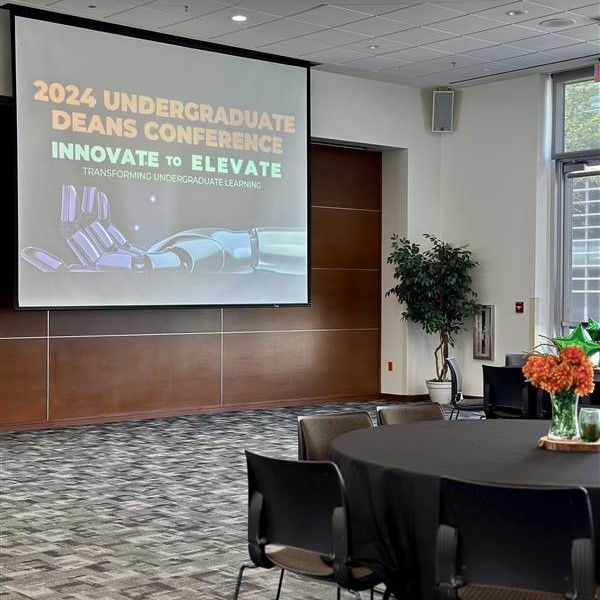

Dr. Han Xia, Sydney Smith Hicks Faculty Fellow and associate professor in the Finance and Managerial Economics Area at the Naveen Jindal School of Management, was a co-author on a paper that analyzed why some students are not choosing more favorable loan terms.
“We looked at this area of research because of rising student debt, for some just a huge burden, and it has gotten a lot of attention from regulators and those in the academic world,” Xia said. “Many students are complaining these days that debt burden is too high and we wanted to look at what were the reasons behind this. With the financial stress to pay, how are the payments managed?”
Not consistently, according to the paper “Who Mismanages Student Loans, and Why?” which was published in the Review of Financial Studies, one of the academic journals tracked by The UTD Top 100 Business School Research Rankings™. Dr. Kimberly Cornaggia, a professor of finance at Pennsylvania State University’s Smeal College of Business, is the paper’s other author.
Using information on student loan borrowers from the U.S. Department of Education Institute of Education Sciences, the research identified financially distressed students with significant accrued interest over long periods of loan forbearance — meaning smaller or delayed payments. The study found that more than 85 percent of borrowers accrued additional interest without hope of principal forgiveness instead of switching to income-driven repayment (IDR) plans or deferment.
The researchers found selection-based explanations such as an aversion to administrative paperwork and they considered borrowers’ consumption preferences and overconfidence, motivated by prior literature. They even saw evidence that males exhibit more overconfidence than females, but found no such effects related to consumption preferences. Still, the research revealed that two groups were found not to have been given good advice by loan servicers.
“Loans services are responsible for advising the student now and the ones doing the actual advising are agents working for them,” he said. “We found gender and race to be important factors.”
Xia, who previously received the Best Paper Award in Corporate Finance at the Midwest Finance Association 2010 Meetings, said that non-whites and males are given bad advice more often than other demographics.
According to the study, good advice is considered to be steering borrowers toward programs offered by the government for deferment, stopping interest in its tracks, Xia said. Bad advice is being led toward interest-accumulating forbearance.
Using LinkedIn data, the research found that servicer representatives are primarily white females and they seem more likely to assist distressed borrowers who also are white females.
“Specifically, we observe that female borrowers are particularly more likely to switch into either IDR plans or deferment when they call servicer reps who are also likely female (proxied for by servicers’ employee demographic composition),” according to the paper. This was especially found to be the case when female borrowers have a low level of financial literacy.
“…White borrowers are more likely to switch when their servicer reps are likely white, though the effect is not as strong as the case of gender-based pairing,” the paper also revealed. “These results are consistent with in-group favoritism, adding to prior studies showing that gender and race pairing affects financial outcomes.”
The study broached the topic of loan servicer incentives and the response to alleged misbehavior, including, according to the paper, the U.S. Consumer Financial Protection Bureau filing legal action against one of the largest student loan servicers. The paper shared that forbearance adds to the revenue from IDR or deferment for loan servicers.
“Such an addition may in turn incentivize servicers to steer borrowers into forbearance, as alleged by the CFPB lawsuit,” the findings suggested. Among alternatives for incentives, the researchers brought up reducing the unit price for delinquent loans and then putting that savings into bonuses for the retirement of a fully repaid loan or the designated forgiveness of the loan.
Xia found the results of the research surprising and hopes his work might lead to a change in the servicer industry.
“I can say that one improvement from our study would be for servicers to change their treatment of the students so that they can go with better options,” said Xia, who had previously co-authored papers published in the journal, including “Do Lenders Still Monitor When They Can Securitize Loans?” and “Do Financial Regulations Shape the Functioning of Financial Institutions’ Risk Management in ABS Investment?”
Although much research comes from academia, it is not often about academia. But for Xia, this was not his first foray into analysis of a subject affecting students. He had previously been a part of a research study related to financial disruptions of families from natural disasters and how they can affect students in terms of academic performance. That study found that students withdraw from courses or school altogether during those tumultuous periods, along with having to deal with the long-term impact of defaulting more often in their student loans.
“I think people are seeing more and more that it’s important to do research that deals with everyday life in academia and we’re seeing this area of research is growing,” he said. “It may be difficult for many to understand the different ways loans can be as big an issue as they are. Now we see even better through research why there has been so much frustration.”






